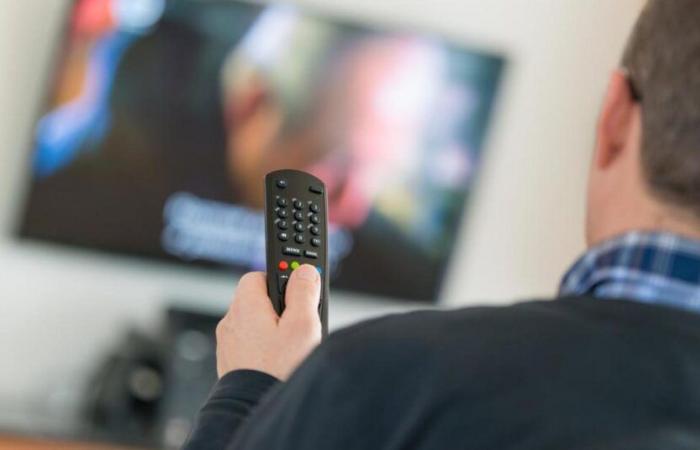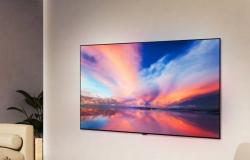
A study by Which has found evidence of excessive surveillance of smart devices. Airfryers in particular ask permission to listen to conversations and share data with TikTok.
Connected watches, airfryers, televisions… researchers have found that data collection often went well beyond what was necessary for operation of the product. This issue suggests that data could, in some cases, be shared with third parties for marketing purposes.
In the airfryer category, the British consumer association has singled out three products. The latter, in addition to wanting to know the precise location, wanted authorization “to record sound on the user’s phone, for no specific reason,” explains the study.
Opaque data collections
For example, the application Xiaomi linked to its airfryer was connected to trackers from Facebook, Pangle (the advertising network of TikTok for Business) and Chinese tech giant Tencent (based on the user’s location). L’airfyer Aigostar wanted to know gender and date of birth when creating an owner account, again for no clear reason, but it was optional. THE Aigostar and Xiaomi fryers both sent people’s personal data to servers in China, although this was reported in the privacy statement.
If all brands mention this data collection in their conditions of use, the British consumer association nevertheless denounces their excessive character and opacity surrounding their subsequent exploitation.
Connected watch and television
Other products have also been singled out for the use of their data, such as connected watches. The one that presents the most risk is the Huawei Ultimate smartwatch. Like all the products tested, it requires confidentiality consent in order to function correctly, but the problem is that it also requires “at risk” authorizations. Among them, nine “at risk” telephone authorizationsthe highest number of all devices tested. These include precise location, the ability to record audio files, access stored files, or see any other installed apps.
THE televisions are not left out since their menus are filled with advertisements and are hungry for user data. L’Samsung TV app asked for eight risky phone permissionsin particular that of being able to see all the other applications of the phone, which places it in second position after the Huawei connected watch.
“Our research shows how smart technology manufacturers and the companies they work with are currently able to collect data from consumers, seemingly with reckless abandon, and this is often done with little or no transparency,” says Harry Rose, editor-in-chief of “Which?”.
Consumer advice
How to improve the confidentiality of your data?
1. Be careful what you share
Some data collected is optional during setup, meaning you can opt out (although this may have functionality implications). Only share what suits you.
2. Check permissions
On iOS and Android, you can review permission requests before downloading an app and check what each app has access to in your settings.
3. Deny access
You can also refuse or limit access to data such as location, contacts, etc. in your phone settings. However, this may block or limit certain aspects of the application.
4. Delete records
Using Alexa and Google Assistant settings, you can configure your voice recordings to be deleted automatically rather than stored after a certain amount of time.
5. Read the privacy statement
At least read the policy, especially the sections on data collection. You have the right to object to a company’s processing of your data.





